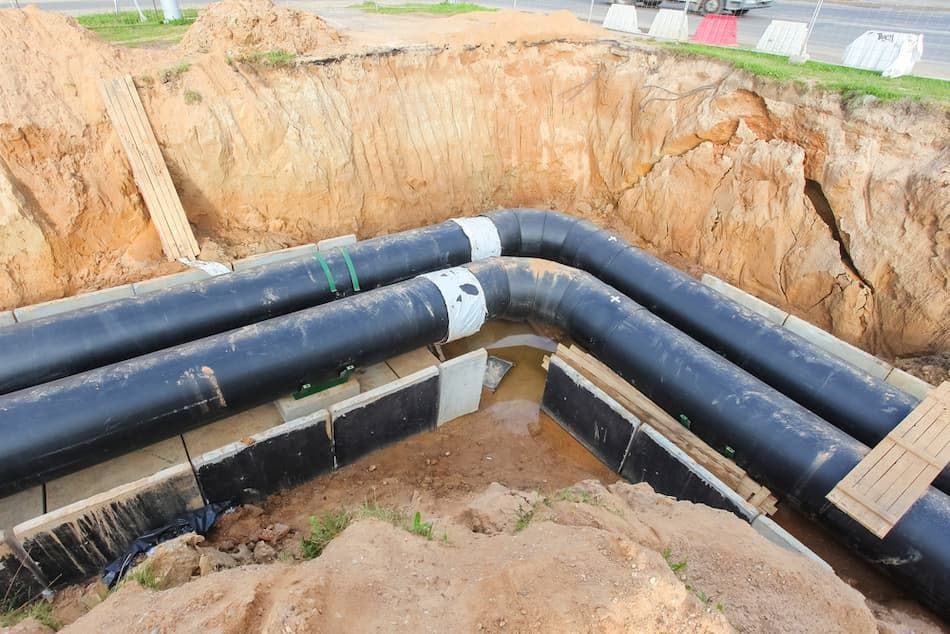Sewer & Water Testing on the Sunshine Coast
Ensuring Quality & Compliance
At Tyzac Vacuum Excavation, we pride ourselves on our commitment to excellence in water and sewer testing. Specialising in comprehensive tests and analysis, we ensure the safety, quality and compliance of your water and sewer systems. Catering to a wide range of client needs—from individual homeowners to businesses and municipalities—our services cover both drinking water and wastewater systems.
Our
state-of-the-art equipment and adherence to industry standards ensure accurate and reliable results throughout the Sunshine Coast and surrounding areas, including
North Brisbane,
South Brisbane,
Moreton Bay,
Gympie,
Hervey Bay,
North Lakes,
Caboolture,
Caloundra,
Logan and
Ipswich. For more information, get in touch on
1800 899 229.
Why Test Your Water & Sewer?
Our water and sewer testing services aim to identify potential issues, assess system performance and provide actionable insights for improved water and sewer management. We utilise advanced testing methods that analyse parameters such as pH level, turbidity, chlorine residual, hardness, heavy metals and microbial contamination.
Additionally, our sewer testing process involves using specialised tools like sewer inspection cameras, smoke testing and dye testing techniques to identify leaks, blockages or defects in the system. With many years of experience under our belt, we have extensive expertise in providing water testing services in various sectors. We’ll help you identify and address any potential water issues before they escalate.








